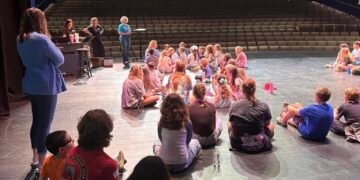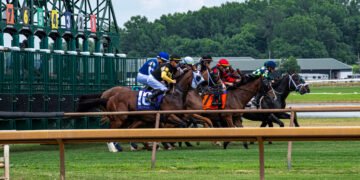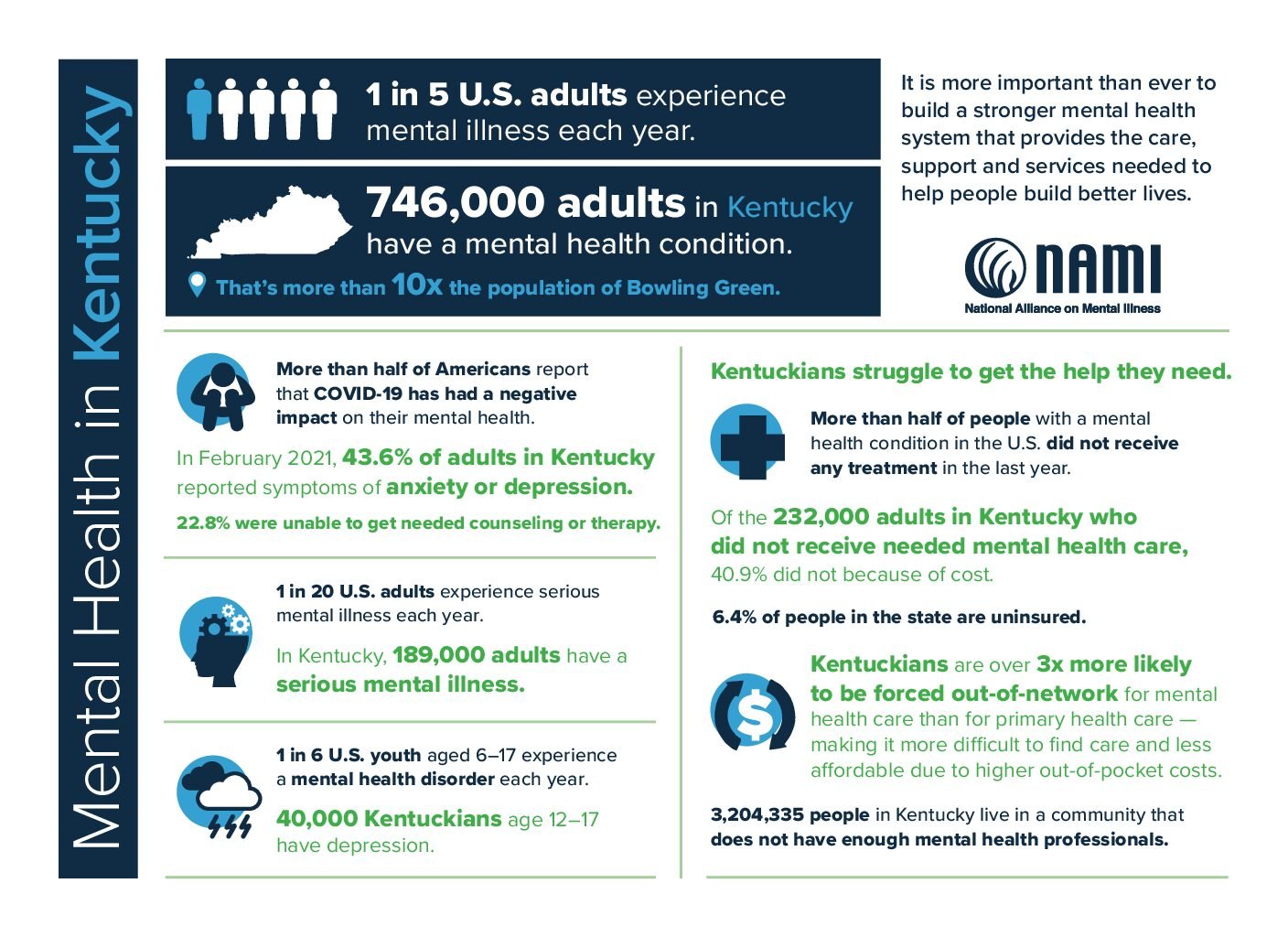The Rev. Dr. Adrian M. Brooks, Sr., spoke about the need for “good trouble” in his Martin Luther King Day celebration address aired on radio station WSON Monday.
It was part of the Henderson-Henderson County Human Rights Commission’s celebration of Martin Luther King Day.
Brooks, a Henderson native who is now the senior pastor at Memorial Baptist Church and the head of the Memorial Community Development Corp. in Evansville, was originally scheduled to speak at 12 noon at First United Methodist Church, but the snowy and cold weather caused the in-person celebration to be cancelled.
In his address, Brooks said that to make change, a person sometimes must get into “good trouble,” a phrase that is attributed to former U.S. Rep. John Lewis. Kings and Lewis were men of conviction, who got into “good trouble,” Brooks said.
In reference to Lewis, Brooks said the congressman as a young man believed so strongly in the right to vote for Blacks that he would have died for it. Lewis was one of the leaders of 1965’s March to Montgomery, planned to start in Selma, Ala. and end at the state capital.
At the Edmund Pettus Bridge in Selma, the marchers were met by Alabama state police and were beat and clubbed. Later that night, television footage was shown around the nation. Months later the Voting Rights Act of 1965 was passed.
Brooks invoked this same spirit of “good trouble” in his address Monday. He said people who get into “good trouble” will protest the killing of minorities over “CDs and Skittles and dollar bills and bad taillights;” will protest the building of schools in one area while schools in another fall into disrepair; won’t put money in a bank that doesn’t lend money to the community; and don’t pretend racism is a thing of the past, among other examples.
He mentioned several people as local examples who’ve pushed beyond the status quo, including recently elected Evansville Mayor Stephanie Terry; young Black Henderson residents in the past who marched for public accommodations; his father, Anthony Brooks, who was jailed in the 1960s because of his efforts to integrate Henderson restaurants; Thelma B. Johnson who was the first Black person elected to public office in Henderson; Al Baity who was Henderson’s first Black city commissioner; and Bobbie Jarrett, the executive director of the Henderson Housing Authority, who continues to pursue affordable housing for Henderson residents.
Brooks ended the talk by saying the day was one of celebration and that the nation has made great strides since King’s death, but there is still much work to do.




















